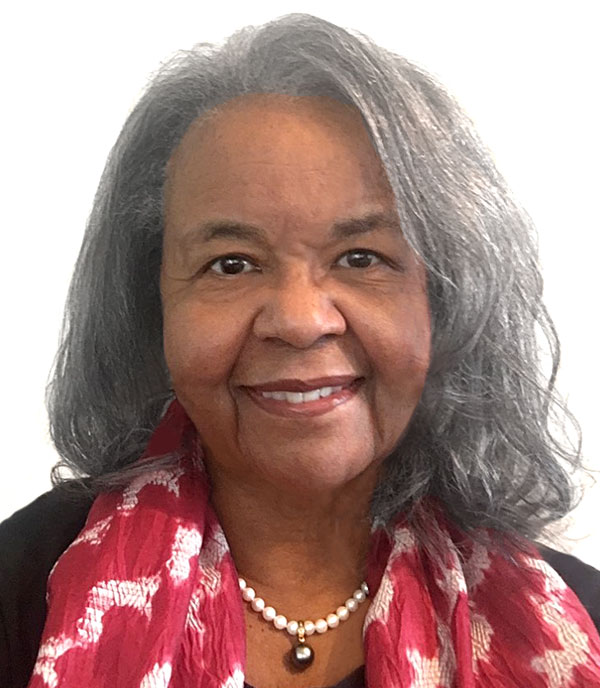Message from the Dean
Message from the Dean Heading link

After many months working from remote offices and seeing each other only on Zoom, the return to campus this fall is a welcomed change. It has been good to return to familiar surroundings, to engage in casual hallway conversations, and even to look in metal file cabinets for hard copies of papers and reports. We are not back, however, like we never left. The pandemic has changed the way we shop, order groceries, dine out, and catch the latest movies. Uber Eats, Instacart, curbside pickup, and Amazon Prime are like friendly neighbors; masks that match our outfits or convey our favorite cause or sports team are the new fashion statements; and “you are frozen” or “on mute” are as natural in conversations as “hello” and “how are you?” Many things that we thought could only be done effectively in person are now standard ways of how we interact and get things done.
While there are many positive things and cultural changes that have emerged during the pandemic, some problems and social conditions are worse now than when we left our campus offices in March 2020. Violence stands out in this regard. Think no further than the airline passengers who are pictured assaulting flight attendants because they are told they must wear masks on a plane packed with fellow passengers. Few news outlets carried the September story of the two persons killed and one shot at a FedEx work facility, as that story was overshadowed that same day by an angry employee shooting thirteen persons in a nearby Kroger grocery store. The harsh treatment of Haitian immigrants by Border Patrol agents on horseback and the condition of immigrant camps speak volumes about the many faces of system violence. In cities like Chicago, high rates of poverty, segregation, and discrimination are accompanied by staggering numbers of homicides from gun violence.
This issue of Affirmations features Jane Addams College of Social Work faculty, staff, students, and alumni who are on the front line as service providers in communities affected by gun violence, and as advocates and activists for social reform and systems change. The individual profiles, research studies, and programs presented here and on the College website are informative. I hope that they also provide hope and encouragement for others who are doing what they can, or looking for ways to make a difference that matters.
As always, it will be good to hear from alumni and friends of the College. Let us know what you are doing, how we might work together, or just how you are doing. Your ongoing support and well wishes are deeply appreciated. Be well and stay safe.
Sincerely,
Creasie Finney Hairston, PhD
Dean and Professor